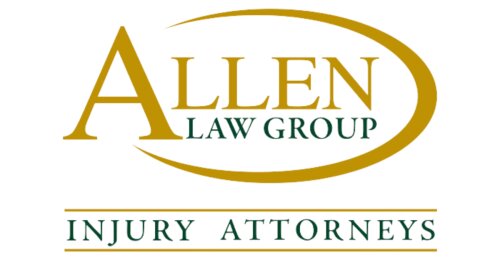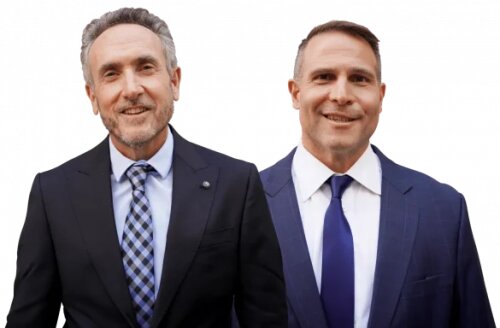Best Motorcycle Accident Lawyers in Chicago
Share your needs with us, get contacted by law firms.
Free. Takes 2 min.
List of the best lawyers in Chicago, United States
About Motorcycle Accident Law in Chicago, United States
Motorcycle accident law in Chicago, United States, encompasses legal standards and regulations for motorcyclists, drivers, and other road users in the aftermath of a motorcycle accident. It includes everything from who is liable for damages to the criteria for filing injury claims. The laws aim to facilitate fair settlement processes and protect the rights of all parties involved in a motorcycle accident. To understand this field comprehensively, it is advisable to seek legal advice.
Why You May Need a Lawyer
If you have been involved in a motorcycle accident, you may need a lawyer for several reasons. A complex legal process can follow an accident, especially when it involves personal injury claims, insurance settlements, or litigation. A motorcycle accident lawyer can guide you through the process, ensure your rights are protected, and help you secure the best possible settlement. Also, in case you're alleged to be at fault, legal representation will help you defend yourself effectively.
Local Laws Overview
Local laws relating to motorcycle accidents in Chicago are quite specific. For instance, the Illinois Vehicle Code 625 ILCS 5/11-1401 requires motorcyclists to ride with headlights on at all times, regardless of the time of day. Moreover, every rider and passenger is mandated to wear protective eyewear. If these rules are violated, it may affect the outcome of a personal injury claim. Additionally, Illinois operates under a modified comparative fault rule, which means a person can recover damages only if they are less than 50% at fault.
Frequently Asked Questions
1. What if I was not wearing a helmet at the time of the accident?
Illinois does not require motorcyclists to wear helmets. However, if the injury sustained is head-related, not wearing a helmet can affect the amount of compensation received.
2. Can I still ask for reimbursement if I am partially at fault?
As per the modified comparative fault rule in Illinois, if you are partially at fault but less than 50%, you will be entitled to a reduced compensation proportional to your percentage of fault.
3. What to do right after a motorcycle accident?
Immediately after an accident, ensure everyone is safe, call the police, seek medical attention, gather evidence if possible, and inform your insurance company. Consulting a lawyer should also be a vital step.
4. How long do I have to file a claim after a motorcycle accident?
In Chicago, a personal injury claim must be made within two years from the date of the accident, while a property damage claim should be made within five years.
5. Can a lawyer guarantee a winning outcome?
While a lawyer can provide guidance on possible outcomes, no successful outcome can be guaranteed due to the complex nature of legal proceedings.
Additional Resources
Some additional resources to consider include the State of Illinois Department of Transportation for relevant traffic reports, Chicago Police Department for accident reports, and Cook County Clerk of the Circuit Court for filing lawsuits. It's recommended to also familiarize yourself with the Illinois Vehicle Code.
Next Steps
If you need legal assistance after a motorcycle accident, start by seeking immediate medical help and documenting the accident. Then, contact a reputable motorcycle accident lawyer to help navigate the legal process. Remember to act quickly as there are time limits for filing claims.
Lawzana helps you find the best lawyers and law firms in Chicago through a curated and pre-screened list of qualified legal professionals. Our platform offers rankings and detailed profiles of attorneys and law firms, allowing you to compare based on practice areas, including Motorcycle Accident, experience, and client feedback.
Each profile includes a description of the firm's areas of practice, client reviews, team members and partners, year of establishment, spoken languages, office locations, contact information, social media presence, and any published articles or resources. Most firms on our platform speak English and are experienced in both local and international legal matters.
Get a quote from top-rated law firms in Chicago, United States — quickly, securely, and without unnecessary hassle.
Disclaimer:
The information provided on this page is for general informational purposes only and does not constitute legal advice. While we strive to ensure the accuracy and relevance of the content, legal information may change over time, and interpretations of the law can vary. You should always consult with a qualified legal professional for advice specific to your situation.
We disclaim all liability for actions taken or not taken based on the content of this page. If you believe any information is incorrect or outdated, please contact us, and we will review and update it where appropriate.











